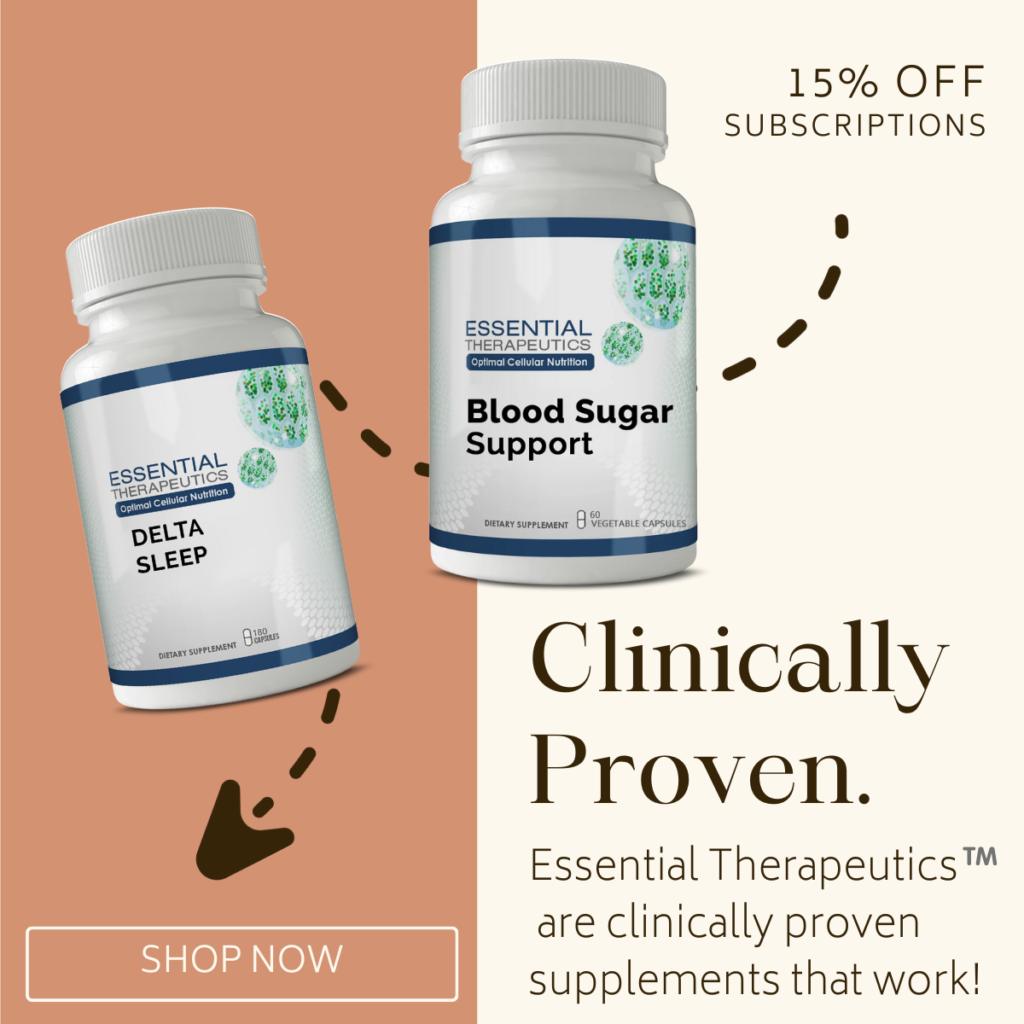
Teenagers and a Good Night’s Sleep
There’s no denying the unique benefits of a good night’s sleep or the impact of not getting enough sleep. Not only does getting too little sleep leave us drowsy and unable to concentrate the next day, it also leads to impaired memory and physical performance. Not getting enough sleep on a regular basis increases the risk of high blood pressure and heart disease, among other medical conditions.
The consequences of sleep deprivation during the teen years are especially serious — impairing their ability to be alert, pay attention, solve problems, retain information and cope with stress. Young people who chronically lack adequate sleep carry a significant risk for fall-asleep car accidents; tobacco and alcohol use; poor impulse control and violence; and lower overall performance in everything from academics to athletics. And a new study shows that youngsters who don’t get enough sleep night after night are more likely to suffer from depression and more apt to have suicidal thoughts.
The researchers found that youngsters with bedtimes of midnight or later had a 24 percent higher risk of depression and 20 percent higher risk of suicidal thoughts than those with bedtimes of 10 p.m. or earlier.
Teens who reported five or fewer hours of sleep per night were 71 percent more likely to be depressed and 48 percent more likely to have suicidal thoughts, compared to youngsters who slept eight hours nightly.
“Our results are consistent with the theory that inadequate sleep is a risk factor for depression, working with other risk and protective factors through multiple possible causal pathways to the development of this mood disorder,” said Gangwisch. “Adequate quality sleep could therefore be a preventative measure against depression and a treatment for depression.”
Gangwisch
The researchers say lack of sleep could affect brain responses and lead to moodiness that hinders the ability to cope with stresses of daily life; affecting judgment, concentration and impulse control.
“It is a common perception and societal expectation that adolescents do not need as much sleep as pre-adolescents, yet studies suggest that adolescents may actually require more sleep,” Gangwisch said. “Studies have found that adolescents do not go to bed early enough to compensate for earlier school start times, and transitions to earlier school start times have been shown to be associated with significant sleep deprivation.”
Gangwisch
Research has shown that adolescents require at least as much sleep as they did as children, generally 8.5 to 9.25 hours each night. However, teens average fewer than 7 hours per school night and most report feeling tired during the day.
Click here to read more information on how to get a good night’s sleep.

Heifer International: On a Mission to End World Hunger
Heifer is different. Heifer works.
Heifer International is a global nonprofit with a proven solution to ending hunger and poverty in a sustainable way. Heifer helps empower millions of families to lift them out of poverty and hunger to self-reliance through gifts of livestock, seeds and trees and extensive training, which provide a multiplying source of food and income. Heifer’s mission is to end hunger.
Heifer envisions … A world of communities living together in peace and equitably sharing the resources of a healthy planet.
Heifer’s mission is … To work with communities to end hunger and poverty and to care for the Earth.
Heifer’s strategy is … To Pass on the Gift. As people share their animals’ offspring with others – along with their knowledge, resources and skills – an expanding network of hope, dignity and self-reliance is created that reaches around the globe.
Heifer’s history This simple idea of giving families a source of food rather than short-term relief – a cow not a cup – caught on and has continued for more than 65 years. Today, millions of families have been given gifts of self-reliance and hope.
Click here to learn more about this wonderful organization

Is Drug Research Fact or Fiction?
The recent disclosures that most studies in the medical literature are marketing dressed up as research is truly troubling. For as many as 90,000 published drug trials, a drug company hired a PR firm—a ‘medical education and communication company’ (MECC)—to carry out its clinical trials, engaged a ‘ghost’ writer to write an article with a positive spin, enlisted a prominent academic to put his or her name to the paper, which they had nothing to do with—and then succeeded in getting it published in a peer-reviewed journal. This is nothing short of out right deceit and should be condemned by every major medical organization.
This widespread practice was uncovered a few months ago during the discovery process of a class-action lawsuit against drug manufacturer Wyeth.
Wyeth is being sued by 14,000 women who developed breast cancer after taking hormone replacement therapy (HRT)-Prempro.
Over 1500 documents allow an unprecedented behind the scenes glimpse into the true deceit and trickery of pharmaceutical marketing. The paper trail reveals how an MECC called DesignWrite, hired by Wyeth, launched a major damage-limitation exercise after a major study demonstrated a direct link between HRT and life-threatening illness.
Wyeth’s HRT products had reached annual revenues of $2 billion, but nose-dived by 65 per cent in 2002, when the Women’s Health Initiative (WHI) study found that hormone replacement therapy—specifically Wyeth’s version—increased the risk of breast cancer, ovarian cancer, stroke and heart disease.
DesignWrite proceeded to flood the professional press with positive reports of Premarin, cast doubt on the WHI, downplayed the cancer-causing potential of HRT and claimed cardiovascular benefits, while promoting unproven uses of HRT such as for preventing dementia.
A few months later, the German Institute for Quality and Efficiency in Health Care, which produces evidence-based consumer-health information, encountered “serious obstacles” in trying to wrest all sponsored published and unpublished studies from Pfizer on its antidepressant reboxetine. Eventually, it emerged that the company had withheld three-quarters of its patient data from unpublished trials. After these hidden data were finally handed over, the Institute concluded that the drug was “overall an ineffective and potentially harmful antidepressant”.
This drug isn’t available in the U.S.-and for good reason, it doesn’t work.
There’s no way to determine the full extent of such shady research, although one review concluded that as much as three-quarters of every journal is ghosted. This means that most published research is in fact fiction.
As Dr Joseph S. Ross of New York’s Mount Sinai School of Medicine put it: “It’s almost like steroids and baseball. You don’t know who was using and who wasn’t; you don’t know which articles are tainted and which aren’t.”

Five More Minutes …
While at the park one day, a woman sat down next to a man on a bench near a playground.
“That’s my son over there,” she said, pointing to a little boy in a red sweater who was gliding down the slide.
“He’s a fine looking boy” the man said. “That’s my daughter on the bike in the white dress.”
Then, looking at his watch, he called to his daughter. “What do you say we go, Melissa?”
Melissa pleaded, “Just five more minutes, Dad. Please? Just five more minutes.”
he man nodded and Melissa continued to ride her bike to her heart’s content. Minutes passed and the father stood and called again to his daughter. “Time to go now?”
Again Melissa pleaded, “Five more minutes, Dad. Just five more minutes.”
The man smiled and said, “OK.”
“My, you certainly are a patient father,” the woman responded.
The man smiled and then said, “Her older brother Tommy was killed by a drunk driver last year while he was riding his bike near here. I never spent much time with Tommy and now I’d give anything for just five more minutes with him. I’ve vowed not to make the same mistake with Melissa.
She thinks she has five more minutes to ride her bike. The truth is, I get five more minutes to watch her play.”
Life is all about making priorities, what are your priorities? Give someone you love 5 more minutes of your time today!







